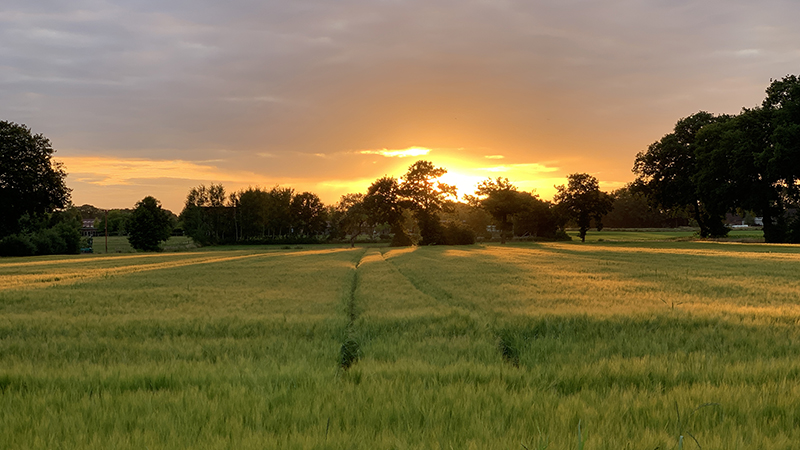IFOAM Organics Europe has criticised a CAP proposal that ringfences budget only for income support in the form of area-based payments and leaves it up to Member States to finance agri-environmental measures. IFOAM Organics Europe calls for a clear ringfencing of CAP money for environment, climate, and animal welfare to provide a predictable path for farmers towards sustainability.

According to Jan Plagge, President of IFOAM Organics Europe: “The Commission’s proposal to safeguard CAP money only for area-based payments is unbalanced and unfit for a future-proof public policy. Like it was recommended by the Strategic Dialogue on the future of agriculture that was convened by President Ursula von der Leyen, at least one third of the CAP budget should be ringfenced for the protection of ecosystems services including organic farming. Without a clear direction towards sustainability given by the EU budget and the CAP, there will be a race to the bottom among Member States, that will endanger our European food sovereignty. The governance framework of the Fund and the CAP needs to be strengthened to ensure that the increased flexibility for Member States does not lead to a de-prioritisation of sustainability initiatives.”
The European organic movement welcomes the recognition that organic farming is a key policy instrument in the post-2027 Common Agricultural Policy (CAP), but warns that it risks not being implemented by Member States without a ringfenced budget for environmental action. According to Jan Plagge: “Farmers engaged into sustainable practices like organic agriculture need a stable policy support that provides a long-term perspective. Organic farming is an essential public policy tool that should have a central place in a framework based on incentives and simplification, to make sustainability the easiest choice. While many decisions on the CAP will have to be taken at national level, organic agriculture is the simplest and most efficient way for Member States at the administrative level while ensuring high environmental ambitions, since it is legally regulated at the EU level and already has strong certification systems in place.”
Plagge continued: “Organic agriculture is a simple solution that deliver high environmental benefits and socio-economic benefits for farmers and society, by preserving the health of farmers and consumers, increasing the profitability and resilience of farms, playing a key role in generational renewal and revitalising rural areas. Policymakers need to ensure that the public goods delivered by organic farmers are adequately remunerated through the CAP. Farmers will engage into sustainability if it is profitable, so we need a level playing field in the EU to ensure that sustainability pays off for farmers.”
The European movement warns that the CAP should maintain a clear direction for the transition to sustainable agri-food systems in the EU as a priority to be achieved by better incentivising and supporting farmers to engage in an ambitious environmental re-design of their farms, that will make them resilient to future social and environmental crises.
